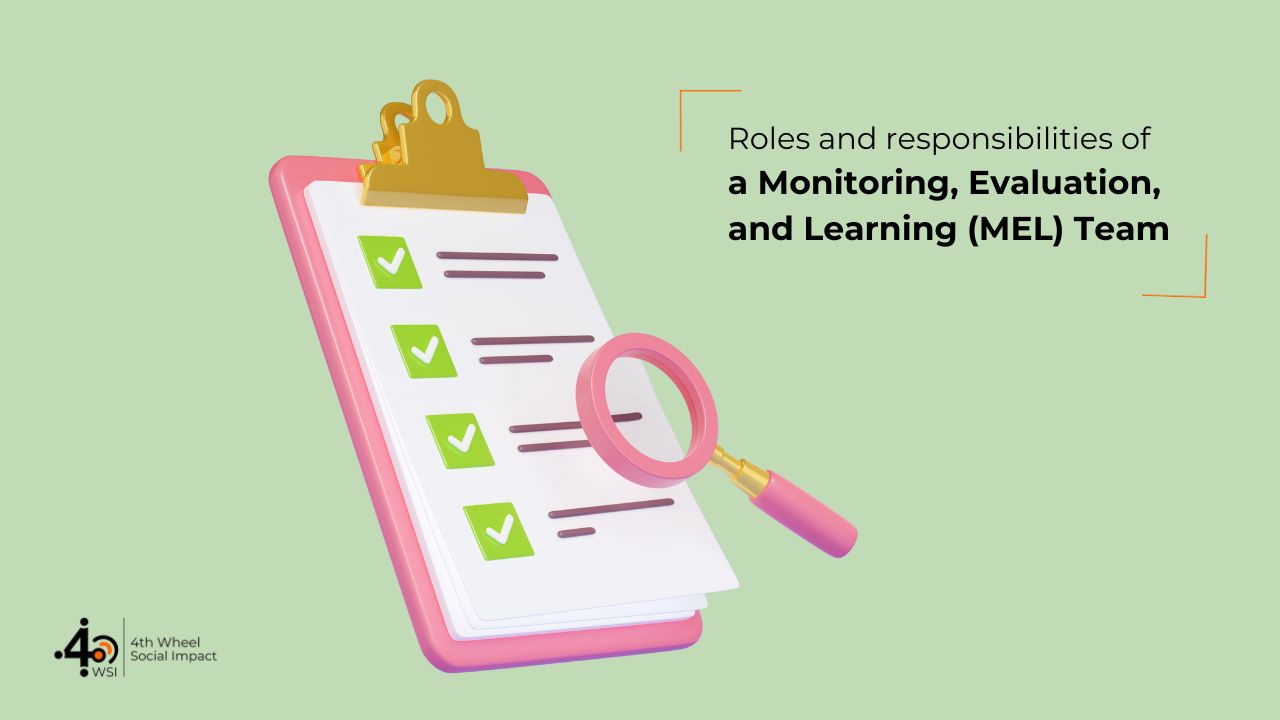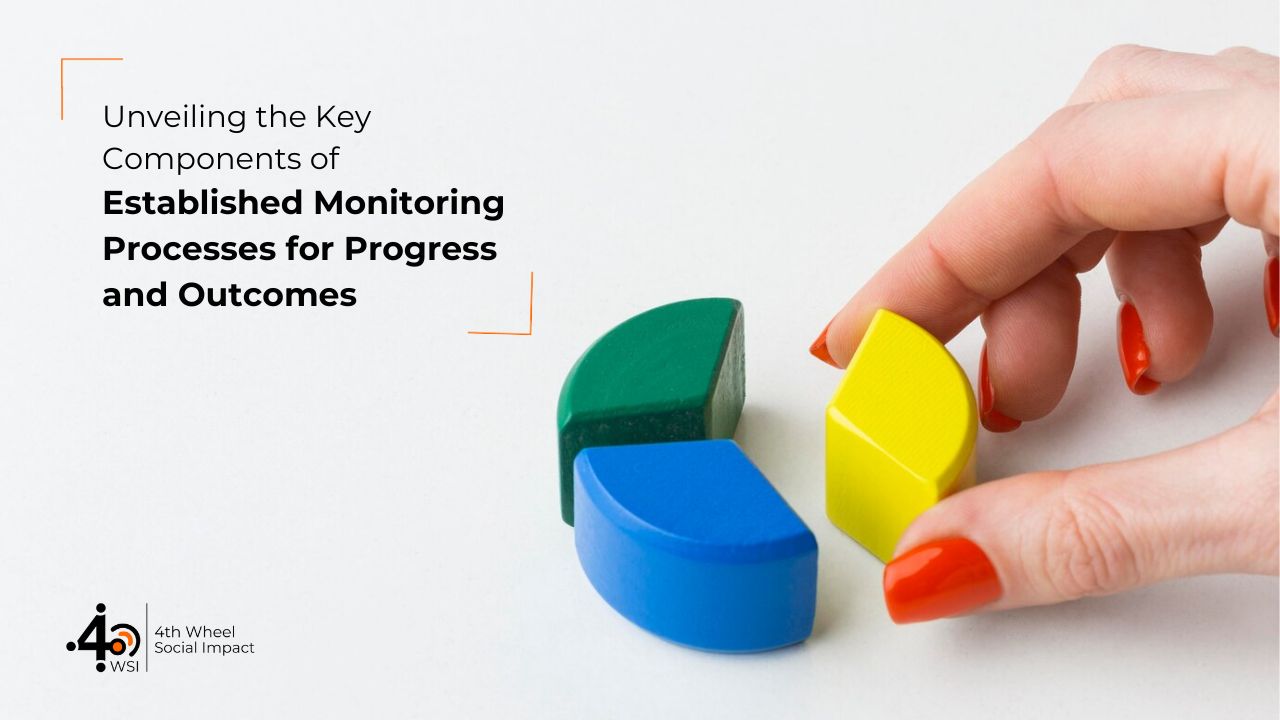Theory of Change (ToC) is essentially a comprehensive description and illustration of how and why the desired change is expected to happen in a particular context.
- Articulate your ‘Change Mission’ for more effective fundraising – Articulating the problem your organisation wants to solve and how your organisation solves it, improves grant-receiving opportunities. ToC is a well-recognised planning framework and a requirement in many grant proposals.
- Strengthen programme planning – ToC is a very useful way of bringing together various aspects which will lead to targeted change and to identify clear courses of action. It helps to define programme implementation processes that can be regularly assessed.
- Identify and work towards long-term goals – A key step in developing a ToC is ‘backcasting’, which helps to clarify how the change process will unfold, paying to the early and mid-term changes that need to happen for a longer-term goal to be reached.
- Improve stakeholder communication and buy-in – A visual representation of the expected change forces critical reflection among stakeholders on the problem, the planned activities, and the hoped-for outcomes. This improves communication among various organisational stakeholders, further strengthening their buy-in.
- Develop a strong Monitoring and Evaluation system – The ToC provides a blueprint for evaluation by identifying measurable indicators of success. It serves as a framework to check milestones and stay on course. Theories of change are strongly seen to strengthen monitoring, evaluation, and learning within an organisation.
- Establish Causality – One of the biggest advantages of building a TOC is the potential of the framework to establish causality between desired impact and your organisation’s interventions. It entails a process of ‘Five Whys’ to examine and test the cause-and-effect relationships that create underlying problems and expected change.
- Test Assumptions – Programmes/organisations function in a diverse and large ecosystem. Change processes are not linear but have many external factors which influence them. ToCs enable the recognition and subsequent consideration, of the various assumptions which underline change processes of complex programmes.
- Document Change – A ToC is a powerful communication tool to capture the complexity of your initiatives. It helps to document lessons learned about what really happened with an intervention, and can also be used as a basis for reports to funders, policymakers, boards, and community stakeholders.
- Support participatory programme design, implementation, and evaluation – Consulting stakeholders like programme planners, implementors, government representatives, donors, beneficiaries, etc. while building a ToC, presents an opportunity for a more participative collaboration. The ToC will be owned by the entire team and provide a unified understanding and perspective on how the change will happen.
- Promote evidence-based decision-making in your organisation – It provides a framework for decision-making and assessment at all organisational levels. From strategic to tactical decisions, the ToC can help drive decision-making around investments of time and resources, at all levels of programme management.




